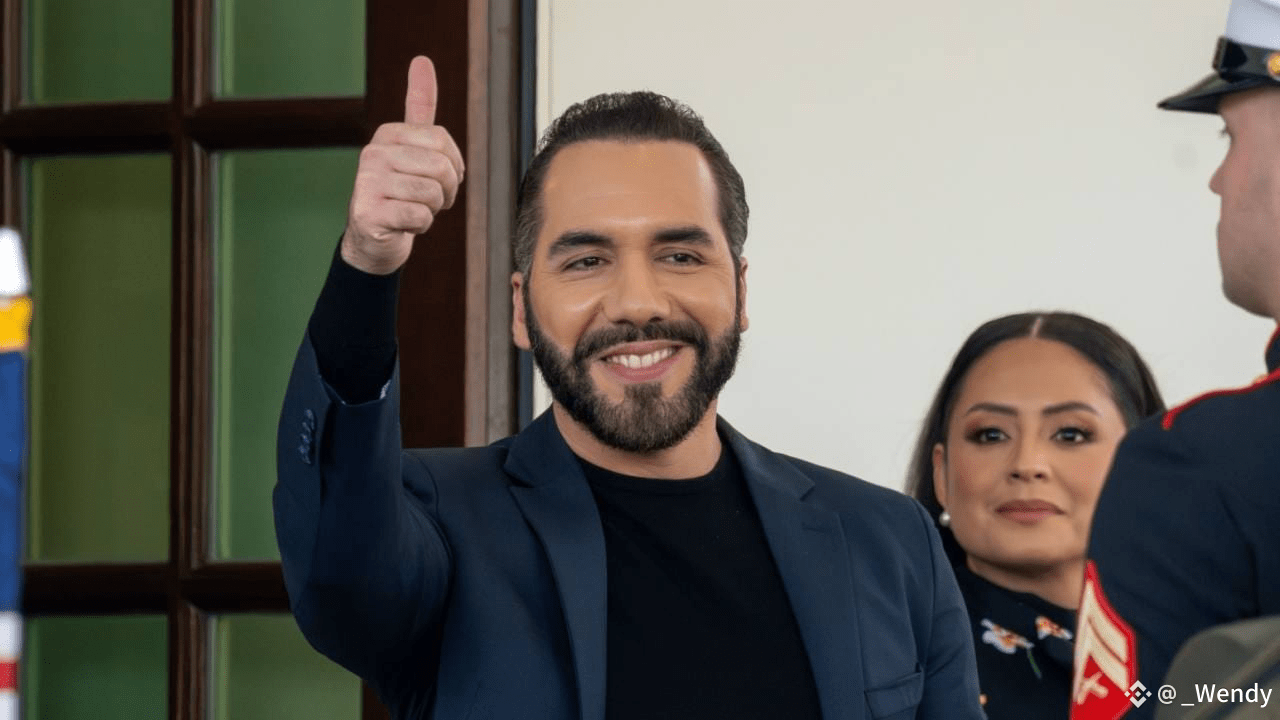The Salvadoran Legislative Assembly, which is almost completely controlled by President Nayib Bukele, passed a reform that explicitly allows the president to opt for reelection as many times as desired. While many praised the change, others claim that this is similar to what Hugo Chávez did in Venezuela.

Bukele-Controlled Legislative Assembly Passes ‘Indefinite’ Re-Election Changes, Raises Presidential Term to 6 Years
The Salvadoran National Assembly has passed a series of controversial reforms that will allow presidential candidates to opt for reelection as many times as they wish, openly allowing President Bukele to participate in the next elections.
The changes, which passed with a 57-3 vote, also modified the effective presidential term, extending it from five to six years, and streamlined elections, eliminating the previously existing second ballot round. Ana Figueroa, a deputy elected by Nuevas Ideas, Bukele’s party, praised the changes, stating that they were designed to allow the Salvadoran people to have the opportunity to experience “total power.”
She also referred to cost-cutting and achieving higher stability as the objectives of raising the presidential period.
Nonetheless, the move was rejected by deputies opposing Bukele’s leadership. During the parliamentary session, Marcela Villatoro showed a sign stating that democracy had died that day, criticizing the changes and how they were passed.
Bukele defended the enacted changes, stating that the problem was related to the sovereign action of a “poor country.” On social media, he declared:
90% of developed countries allow the indefinite reelection of their head of government, and no one bats an eye. But when a small, poor country like El Salvador tries to do the same, suddenly it’s the end of democracy.
The changes led international analysts to compare Bukele, who was elected with over 80% of the votes in February 2024 amidst controversy surrounding the legality of his participation, with the late Venezuelan President Hugo Chávez, who also pushed similar reforms.
“They’re following the same path as Venezuela. It begins with a leader who uses his popularity to concentrate power, and ends with a dictatorship,” Juanita Goebertus, Human Rights Watch Director of the Americas Division, stressed.


